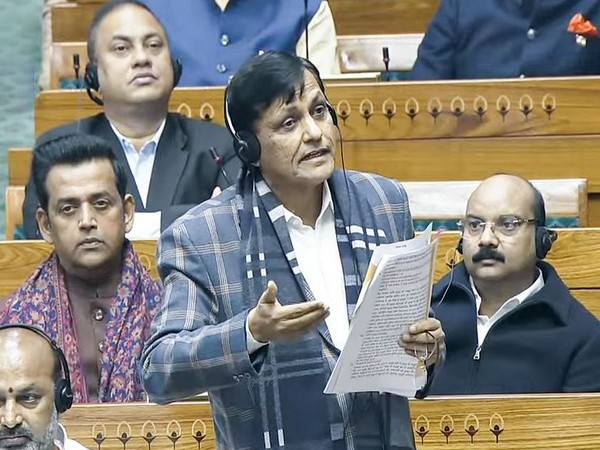State vs Center: A Delicate Balance in India's Policing Powers
Minister Nityanand Rai reaffirms policing as a state responsibility with central aid available when needed. Emphasized collaboration between central and state levels, highlighting the new Mahila Battalion's contribution to security. Replied to MPs' inquiries regarding the deployment and roles of police forces across India.

- Country:
- India
The Minister of State for Home Affairs, Nityanand Rai, reinforced on Tuesday that maintaining law and order falls primarily under the jurisdiction of state governments in India. Speaking before the Lok Sabha, he asserted that 'Police' and 'Public Order' are state subjects as outlined in the Indian Constitution.
In his response to Trinamool Congress MP Mala Roy's question, Rai elaborated on the role of the central government in supporting states with Central Armed Police Forces (CAPFs) upon request. He clarified that the deployment numbers and associated costs fluctuate over time, underscoring the cooperative effort between state and central authorities.
The Minister also addressed the launch of the Mahila Battalion, the first all-women unit within the Central Industrial Security Force (CISF), which comprises 1,025 personnel. This battalion is adeptly designed to engage women in various security roles, from airports to public sector enterprises, marking a significant step towards gender inclusivity in law enforcement.
(With inputs from agencies.)










